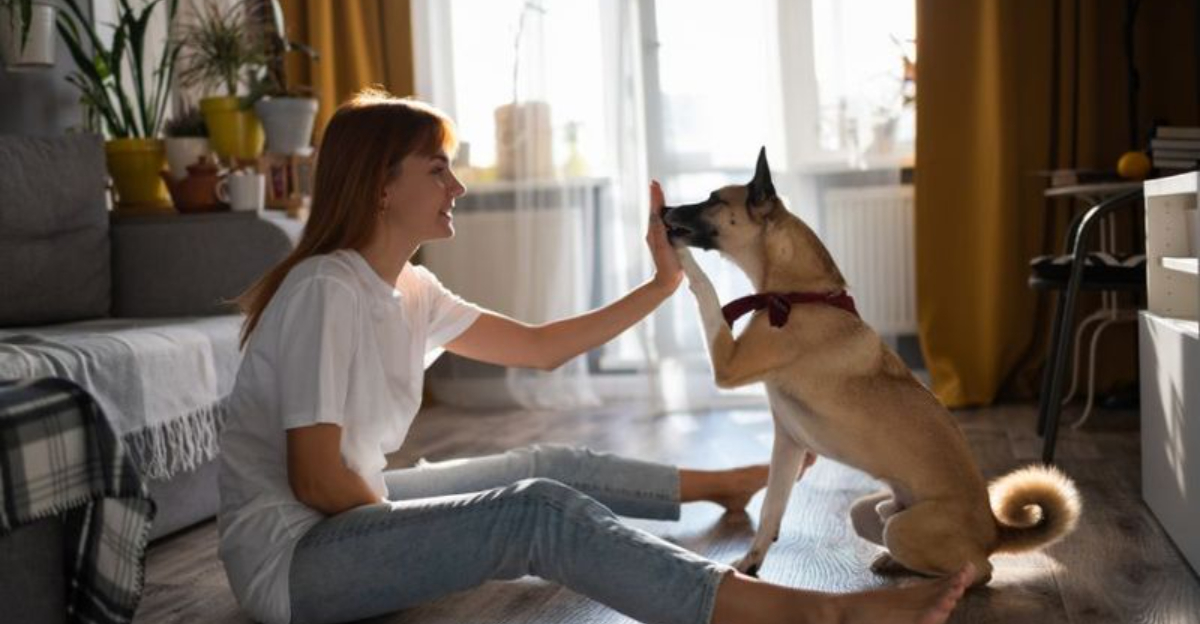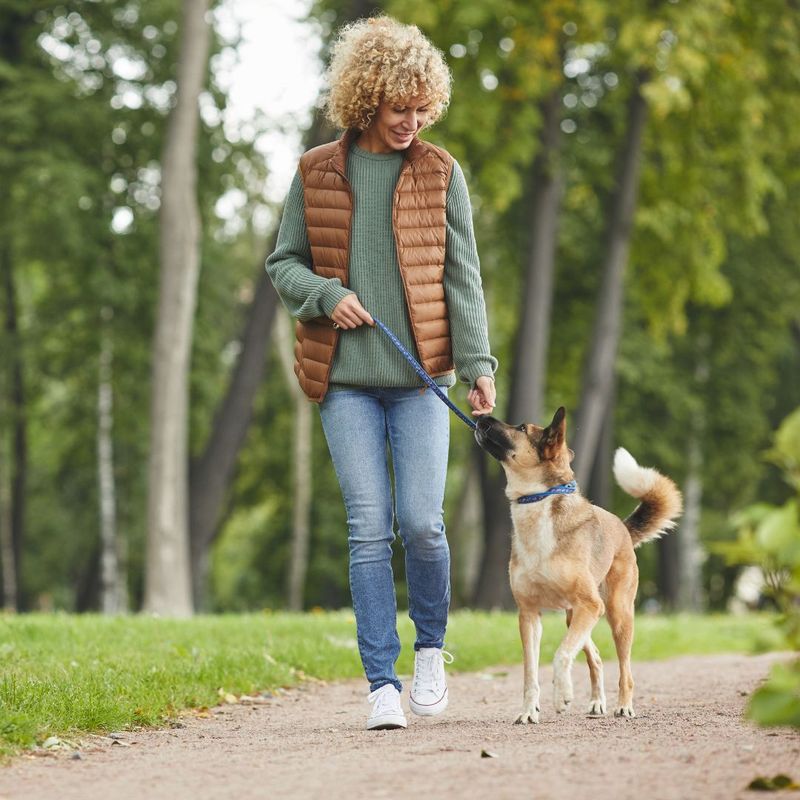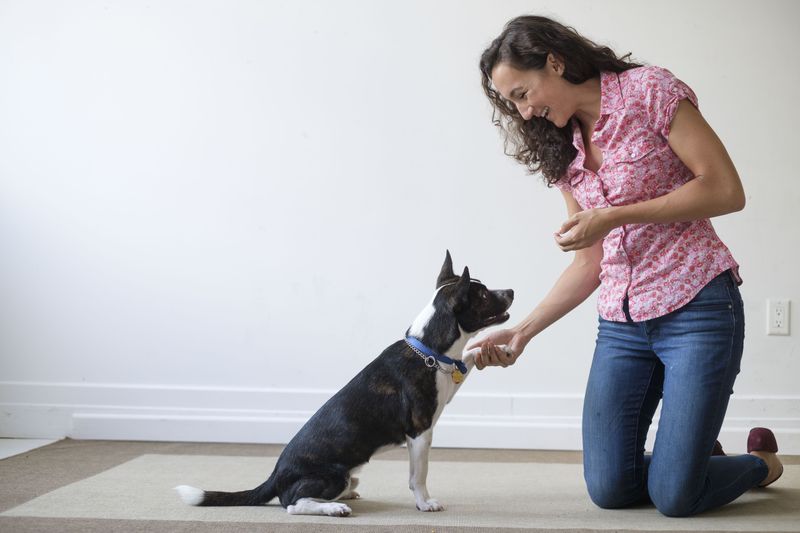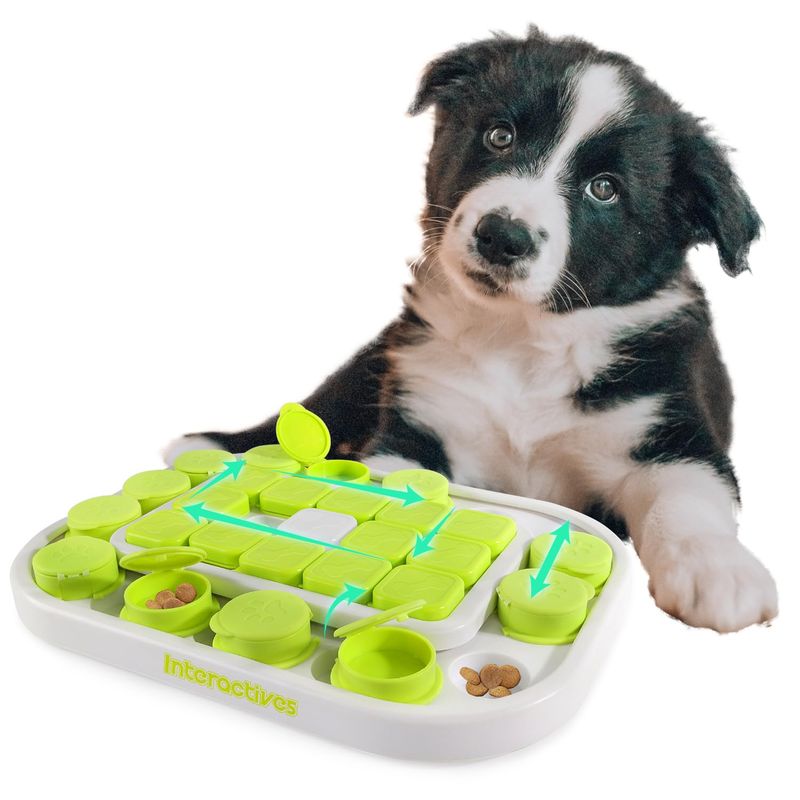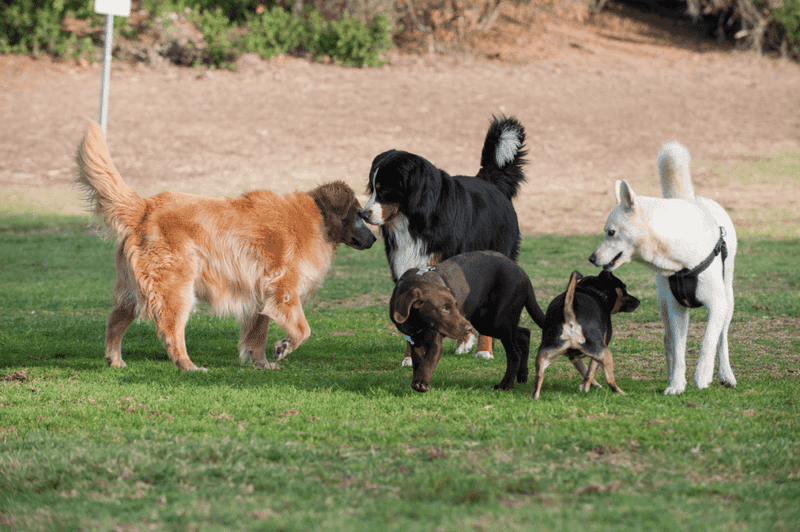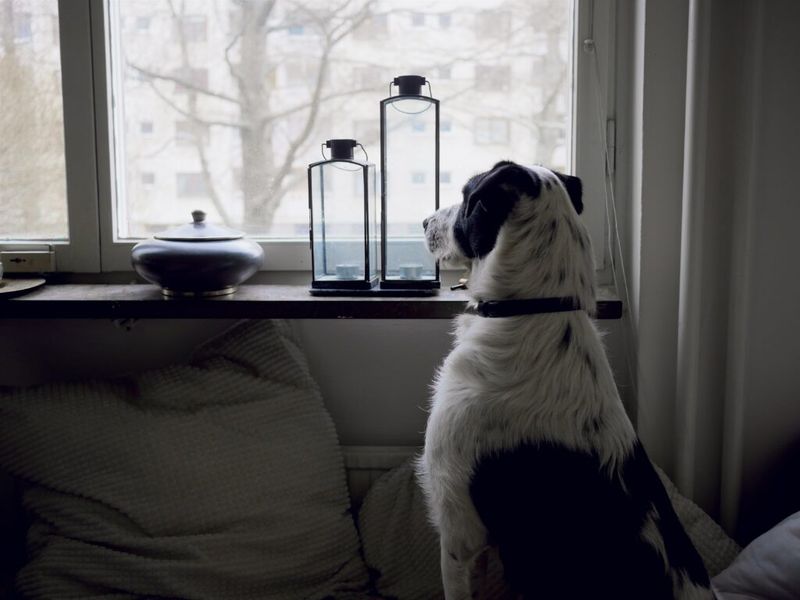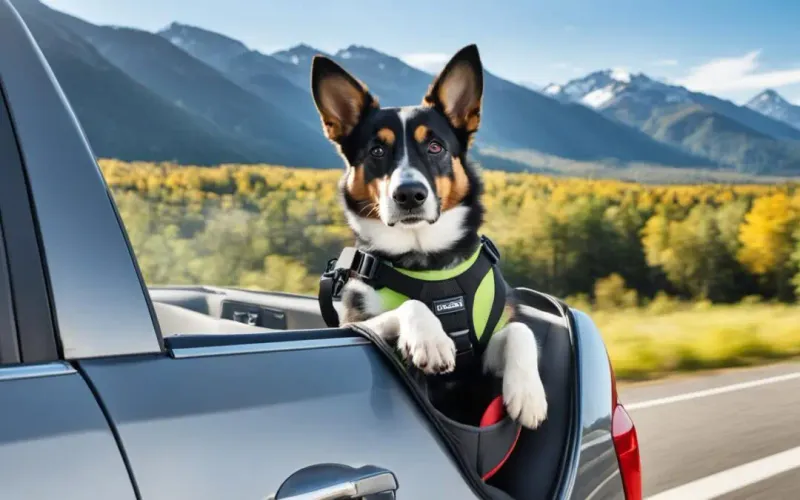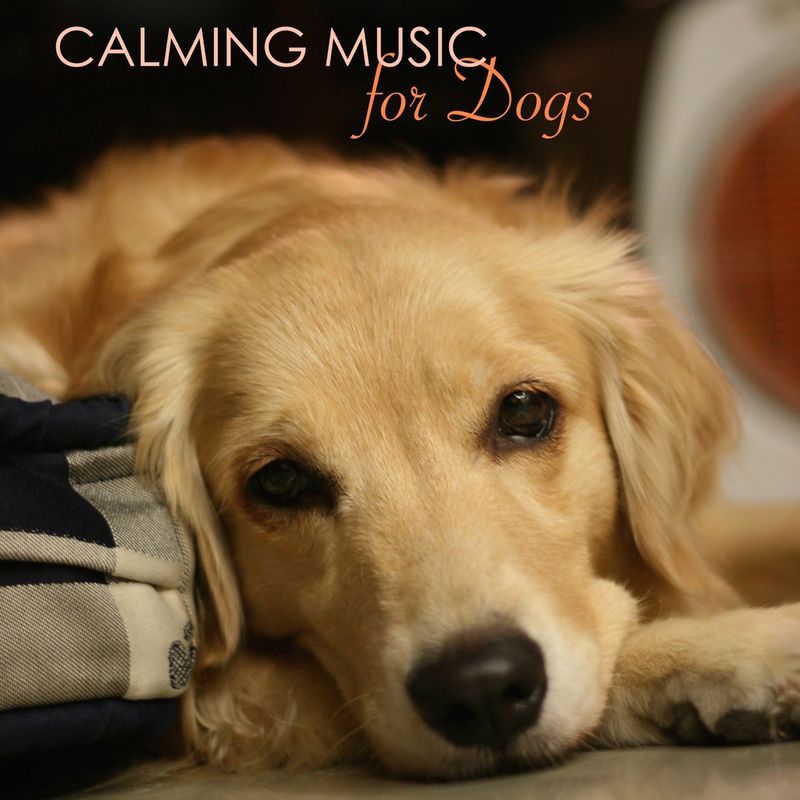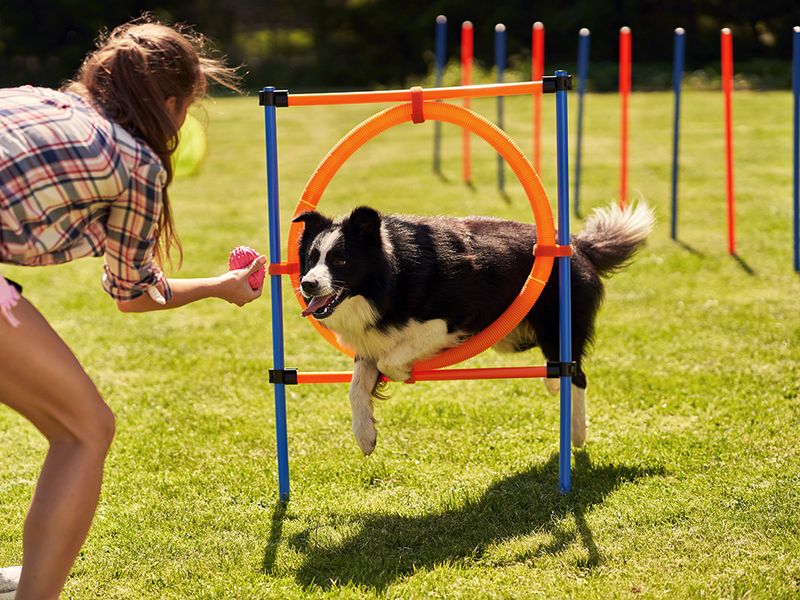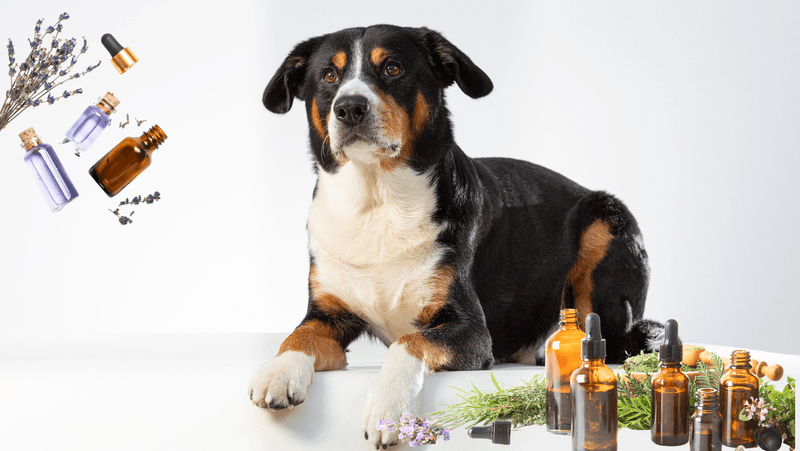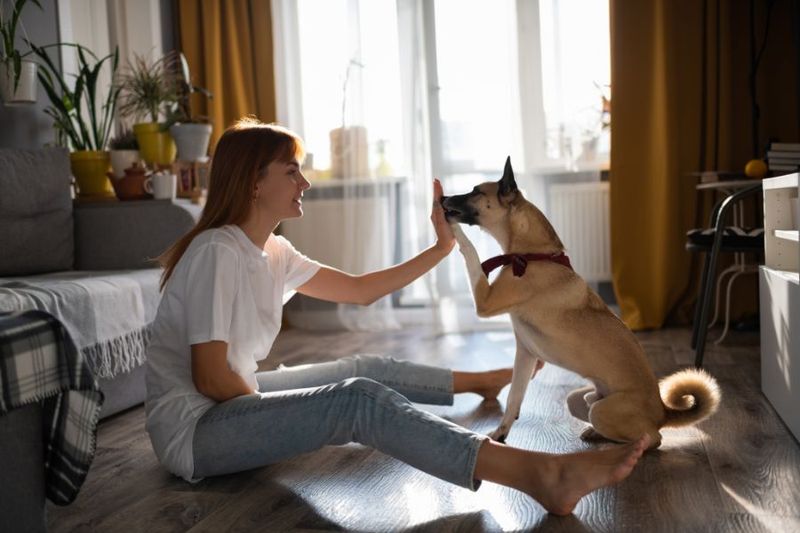Helping an anxious dog become more confident can transform both their life and your daily interactions. Dogs, like humans, benefit from understanding, patience, and encouragement. Here are ten expert tips to support your dog’s journey to becoming more self-assured. Each method is unique, offering practical steps and insights to foster a happier and more relaxed furry companion.
Routine Walks in Safe Environments
Establishing a routine with regular walks can significantly boost a dog’s confidence. Choose a safe and familiar environment for your furry friend to explore. This allows them to acclimate to various sights, sounds, and smells at their own pace.
Engaging in these daily strolls offers not only physical exercise but also mental stimulation. Observing the world around them helps anxious dogs get used to new stimuli without feeling overwhelmed. Consistency is key, so try to walk at the same time each day.
Gradually introduce new areas, ensuring each experience remains positive. This builds trust and encourages exploration.
Engaging in Obedience Training
Obedience training is not just about following commands; it’s a confidence booster for your dog. Positive reinforcement techniques, like treat rewards and praises, help your pet associate learning with fun and success.
These sessions create a structured environment where dogs feel secure and eager to learn. Start with basic commands such as sit, stay, and come.
As your dog masters these, gradually increase the complexity of tasks. This process encourages them to think independently, strengthening their emotional resilience and trust in you.
Introducing Puzzle Toys
Puzzle toys are an excellent way to stimulate your dog’s mind and build confidence. These toys challenge your pet to solve problems, which can be very rewarding.
By figuring out how to retrieve the treats inside, your dog learns persistence and patience. Choose toys that match your dog’s skill level and gradually increase complexity as they become more adept.
Providing such enrichment activities keeps boredom at bay and helps anxious dogs focus their energy constructively. Over time, these positive experiences boost their emotional well-being.
Socializing with Other Dogs
Socializing is crucial for an anxious dog’s confidence. Introducing your dog to other friendly dogs under supervision can help them learn social cues and behaviors.
Start with calm, well-behaved companions and short interactions. Gradually increase the time and complexity of these encounters as your dog becomes more comfortable.
These social experiences teach dogs how to communicate and play, reducing fear responses. Regular socialization can significantly improve their ability to handle new situations.
Providing a Safe Space at Home
Creating a safe haven at home is essential for an anxious dog. This space should be quiet, familiar, and comfortable, offering your pet a place to retreat and relax.
Add their favorite toys and a soft bed to make it inviting. Consistently using this space helps your dog learn to self-soothe in stressful times.
By having a designated area, your dog knows where to find safety and comfort, significantly easing anxiety. It’s their personal sanctuary away from the hustle and bustle.
Exposure to New Environments
Taking your dog to new places can help reduce anxiety and build confidence. Start with less crowded environments and gradually introduce busier areas.
This exposure helps dogs learn to cope with different sounds, sights, and situations. Encourage them with treats and praise as they encounter new experiences.
Regular outings to varied locations can make your dog more adaptable and less fearful. With time, they learn that new environments are not a threat but an opportunity for adventure.
Using Calming Music
Calming music can have a soothing effect on anxious dogs. Playing gentle tunes or specific dog-friendly music helps reduce stress levels and promote relaxation.
Create a playlist of calming sounds to play during car rides or when you’re away. This auditory comfort helps your dog feel safer and more at ease.
Over time, your pet will associate these sounds with calmness, making it a valuable tool for reducing anxiety. It’s like an auditory hug that reassures your furry friend.
Participating in Agility Courses
Agility courses provide excellent mental and physical exercise for dogs. Navigating through tunnels, jumps, and weave poles boosts their confidence as they master new skills.
These courses encourage problem-solving and self-reliance, building a dog’s trust in their abilities. Success in agility can translate into increased confidence in everyday scenarios.
Start with basic obstacles and gradually introduce more complex ones. This gradual progression helps dogs focus and enjoy the challenge, strengthening their bond with you.
Using Essential Oils for Relaxation
Essential oils, when used correctly, can help calm an anxious dog. Lavender and chamomile oils are popular for their relaxing properties.
Diffuse these oils in areas where your dog spends most of their time. Ensure the oils are safe for pets and used in moderation.
The gentle scents help create a calming atmosphere, reducing stress and anxiety. It’s a non-invasive method to ensure your dog feels more relaxed and at peace.
Involving in One-on-One Playtime
Spending quality one-on-one time with your dog can greatly enhance their confidence. Engage in activities like fetch, tug-of-war, or simply cuddling.
This focused attention reassures your dog of their importance in your life. It fosters a strong bond, making them feel secure and loved.
Regular playtime provides a positive outlet for energy and reduces anxiety. Through these interactions, your dog learns to trust and rely on you, boosting their overall confidence.
